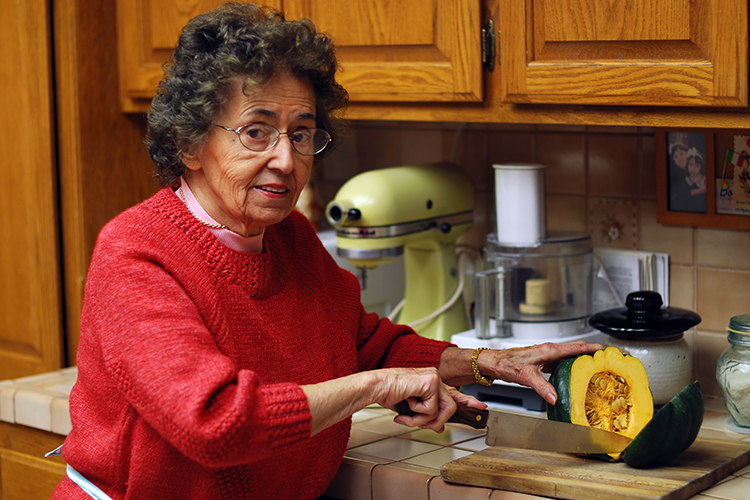Cataract is the leading cause of blindness in the world, according to the World Health Organization.
And, according to the Prevent Blindness “Future of Vision: Forecasting the Prevalence and Costs of Vision Problems,” the current number of those in the United States with cataract will increase from more than 25.7 million, to 38.5 million by 2032, and then to 45.6 million by the year 2050. Cataract is a clouding of the eye’s lens which blocks or changes the passage of light into the eye.
Prevent Blindness has declared June as Cataract Awareness Month to educate the public on risk factors, symptoms and treatment options, including surgery. Free information is provided through its dedicated web page at advocacy.preventblindness.org/cataract, or via phone at (800) 331-2020.
For those interested in conducting discussions or seminars on the subject, Prevent Blindness offers a free online course on cataract (as part of the “Adult Eye Disorders” module) including a PowerPoint presentation with a complete guide as part of its Healthy Eyes Educational Series.
Several possible risk factors for cataracts include:
- Age
- Intense heat or long-term exposure to UV rays from the sun
- Certain diseases, such as diabetes
- Inflammation in the eye
- Hereditary influences
- Events before birth, such as German measles in the mother
- Long-term steroid use
- Eye injuries
- Other eye diseases
- Smoking
Unlike many eye diseases, however, vision loss due to cataract can be restored. Cataract surgery is one of the most commonly performed procedures in the United States. According to the National Eye Institute, in approximately 90 percent of cases, people who have cataract surgery have improved vision afterward.
Most cataract surgery is usually covered by Medicare and health insurance. For information on insurance benefits, including Medicare coverage, visit http://www.advocacy.preventblindness.org/health-insurance-and-your-eyes.
“Cataract is common in older adults but fortunately, it doesn’t have to mean permanent vision loss,” said Hugh R. Parry, president and CEO of Prevent Blindness. “The best way to protect vision is to get a complete, dilated eye exam from an eye care professional and work with him or her on the best treatment options for you.”
For free information on cataract, please call Prevent Blindness at (800) 331-2020 or visit the Prevent Blindness website at advocacy.preventblindness.org/cataract.
Download a copy of the Cataract press release.
Your support makes our sight-saving programs and services possible. Please make a tax-deductible contribution today to help more Americans enjoy a lifetime of healthy vision.
Please donate today, and give the gift of sight!

